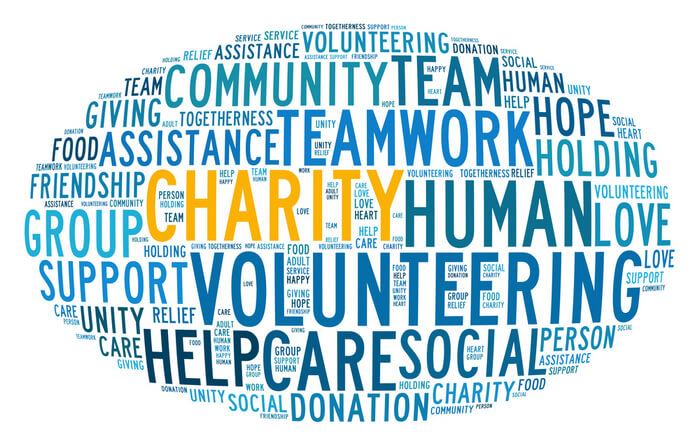It is no secret today that For-Profit businesses around the world carry a great duty and responsibility towards their communities. Within this context, many international companies actually compete with each other in the charity domain through their significant financial contributions to support community initiatives and humanitarian projects. The total amount paid by international organizations to fund charity projects reached $5 billion worldwide in 2015 (according to various sources), which confirms the direction of these global companies to be part of the social fabric.
It is no secret today that For-Profit businesses around the world carry a great duty and responsibility towards their communities. Within this context, many international companies actually compete with each other in the charity domain through their significant financial contributions to support community initiatives and humanitarian projects. The total amount paid by international organizations to fund charity projects reached $5 billion worldwide in 2015 (according to various sources), which confirms the direction of these global companies to be part of the social fabric.
Charities have suffered- and still- do from the absence of sustainability, as well as the constantly growing demands. This creates the need for the sector to be more dynamic and flexible and to look at this matter from a strategic perspective, which will help them create partnerships with the private sector to enrich CSR experiences. These partnerships in turn have to be creative and credible in order to ensure that the best results are achieved.
As the importance of charity and social responsibility in the work of companies has grown, government stimulus has begun to take a more serious form, as governments seek to set a good example for the private sector in this field. In this regard, the Ministry of Finance in UAE has prepared and developed a special manual on social responsibility, based on the standard of social responsibility (ISO 26000), with a view to establishing educational standards that correspond to the corporations’ activities and decisions.
Following that route, organizations have launched a number of initiatives, including- but not limited to- the Abu Dhabi University initiatives, which include 60 scientific, community, cultural and volunteer initiatives as part of the university strategy for the "Year of Giving". Also, the “Fikum Kheer” initiative which translates to “there’s good in you” which was launched by the Abu Dhabi Urban Planning Council (UPC) as part of their strategy for the Year of Giving and was funded by 9 real estate development companies with about 323 million dirhams, for the construction of various community facilities.
that operate their own charitable projects through independent institutions and private funds, all of which are in the interest of society and humanity. This is the ultimate goal that we all seek.
International examples include: Mark Zuckerberg and his wife, who donated 99 percent of their wealth to fund their charity, “Chan Zuckerberg”, and Bill Gates and his wife Melinda, who have been working for their charity for years. There are also many leading local Emirati experiences in this field; these include the Emirates Charity Foundation, which works independently of the parent organization to raise the standard of living for children in the world, and the Abdullah Al Ghurair Education Foundation, one of the world's largest charitable initiatives in education.
